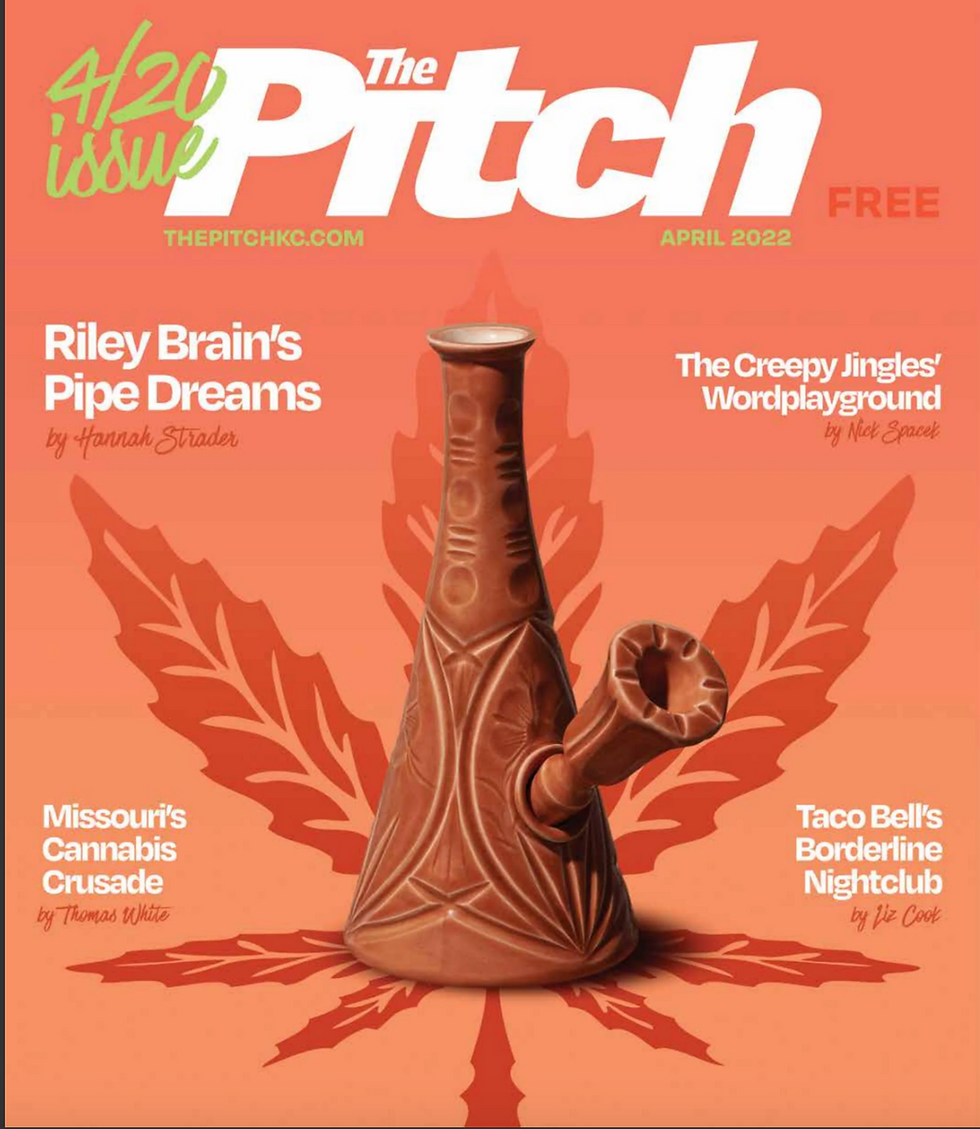Terrrapin Care Station Brings Flower to the People
- Hannah Strader
- Feb 19, 2025
- 4 min read
Note: Details of this story are no longer current since Terrapin became Elevate brand.

Medical marijuana is still relatively new to most Missourians, as is the industry and all the red taping that comes along with it. Most dispensaries in Kansas City have opened their doors in the last year.
Choosing between brands and dispensaries can be intimidating to those who have never legally used cannabis, and there are considerable concerns regarding sustainability practices, single-use packaging, and possible nuisance complaints from communities seeing the industry growth.
Terrapin isn’t new to navigating these issues. In fact, they were the first licensed medical growers in Boulder, CO back in 2010. Some of their internal systems were even adopted by the state, becoming part of the system used nationally for both medical and recreational grow facilities. The company continues to lead the industry with a $30 billion investment in Kansas City’s state-of-the-art grow facility in their unassuming Midtown location.
“The building is a success story in itself,” says Peter Marcus, vice president of communications for Terrapin. “This couldn’t have been a more dilapidated building. There were holes in the roof and bullet shells. So when we’re talking about the economic development aspect of cannabis legalization, you’re literally looking at it. This building would have sat empty, and it would have been dangerous.”
In addition to restoring the old warehouse, the local facility employs approximately 75 people with nearly 500 employees company-wide. Their prices are noticeably more affordable than current competitors, in part due to their early start and major investment in the Missouri market, but also because of their mission to provide affordable medicine to patients in need.
Both the grow site and the new dispensary location on Prospect are located in areas of the city that have historically been affected by financial inequality and racial divides.
Their website features a list of organizations focused on justice initiatives, human needs, political advocacy, arts and culture, and veterans services—many of which are located within the communities Terrapin resides in. Most surprisingly, perhaps, is that the company is still privately owned by the founder, CEO, and president—Chris Woods.
“This is a family-owned business. The employees feel like family, and we don’t have to answer to the New York Stock Exchange or anything like that. It’s very, very rare in this industry,” Marcus says.
Twelve years of experience with cannabis doesn’t come without significant changes in how it’s cultivated and the technology utilized to get buds from plant to patient. For example, the plants are rooted in ground coconut husk for optimal aeration and fed exact amounts of liquid nutrients using a sophisticated irrigation system that measures dry time.
This allows for virtually no water waste or contaminated runoff. LED lighting is utilized in certain growing areas to cut down on electricity usage, and charcoal filters keep the smell entirely contained.
Tom Irvine, the assistant director of cultivation, can check on levels of CO2, registered humidity, temperature, and even light lumens—all from an app on his phone connected to every Terrapin-owned grow room in the country.
“This system represents the general barrage of new technologies that the cannabis industry is driving. This is a very sophisticated auto-irrigation system that allows us to not only control, digitally, all of our nutrient batch recipes and our irrigation timing, but also allows us to control RTUs and track data points on environmental conditions,” Irvine says.
Other technological adaptations include the utilization of ATF-certified safes for pre-packaged flower and candy sorting machines to provide a variety of sizes in the buds that go into each bag. The cure room is kept at a very specific condition to mimic caves in Italy where prosciutto and cheeses were traditionally stored.
“These rooms are highly controlled on dew point, which allows us to get the curing effect in a shorter period of time. In eight days we’re able to achieve what may otherwise take five weeks in a highly manual type of curing process,” Irvine explains.
In addition to flower, Terrapin makes extracts and distillates in-house to ensure that none of the plant goes to waste. The lab is full of complicated looking machinery, flasks, bottles, and other equipment used to make products for vaporizing.
While all of this may allude to a Willy Wonka factory full of weed, there are strict regulations to adhere to. Every bud that may accidentally fall off a plant has to be collected, accounted for, and weighed.
Each piece of cannabis is traceable back to the original mother plant using a system of tags, and dead plant waste has to be ground until it is unrecognizable then mixed with non-plant matter. Sterilization is constantly taking place.
“I was doing a tour not too long ago, and somebody brought up chicken recalls and how industries like that could benefit from being forced to the level of upkeep that we’re forced to,” Irvine says.
Every product Terrapin produces is weighed and tested within the company as well as by a third party to meet certification standards set by the state. There are currently two dispensaries in Belton and Midtown, but a third location is opening on Vivion Road in June.



Comments